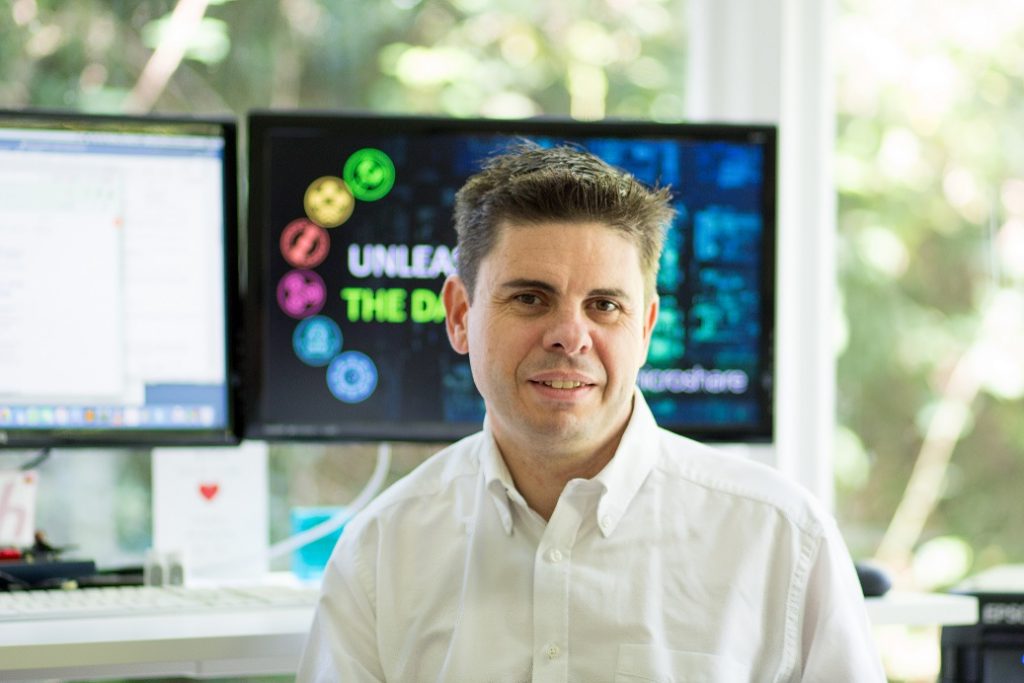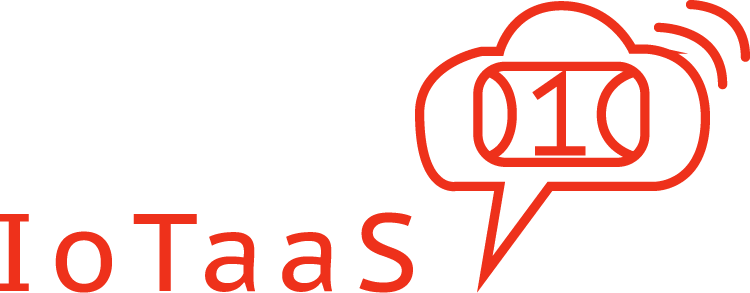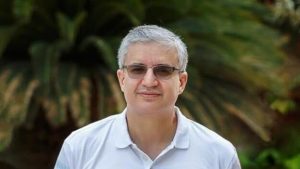Prof. Mohamed-Slim Alouini
Title: From Smart Cities to Smart Living
Bio:
Mohamed-Slim Alouini was born in Tunis, Tunisia. He received a Ph.D. degree in Electrical Engineering from the California Institute of Technology (Caltech) in 1998. He served as a faculty member at the University of Minnesota then at the Texas A&M University in Qatar before joining in 2009 the King Abdullah University of Science and Technology (KAUST) where he is now a Distinguished Professor of Electrical and Computer Engineering. Prof. Alouini is a Fellow of the IEEE and Optica (Formerly the Optical Society of America (OSA)). He is currently particularly interested in addressing the technical challenges associated with the uneven distribution, access to, and use of information and communication technologies in far-flung, rural, low-income, disaster, and/or hard-to-reach areas.

Charles Paumelle
Title: From IoT sensor to business value: a data journey
Bio:
Charles Paumelle is a passionate IoT evangelist and serial entrepreneur. As co-founder of Sensing-as-a-Service company Microshare, Charles leads both product and business development globally with a focus on using Smart Building technology to drive Environment, Social and Governance actions. Through his relationships with clients, suppliers and Internet of Things laboratories globally, Charles also served for 3 years as Chair Marketing for the LoRa Alliance, the fastest-growing Low-Power Wide Area Networks (LPWAN) organisation from 2017 to 2020. Charles holds a Masters in Business from Audencia Nantes (France) and Trinity College Dublin (Ireland) and lives in the UK.
Abstract:
The Internet of Things is an essential part of the next wave of technology breakthroughs, shining data on how and where things and people operate to eliminate waste and increase efficiency. A lot of the IoT conversation seems focused on the sensors and the network protocols. In this talk, Charles Paumelle will shine a light on the somehow forgotten aspect of IoT: how do we harness the data generated by the Internet of Things?

Prof. Cheng Li
Title: Energy-Efficient Coordination Schemes for Underwater Acoustic Sensor Networks
Bio:
Cheng Li received his B. Eng. and M. Eng. degrees from Harbin Institute of Technology, Harbin, P. R. China, in 1992 and 1995, respectively, and his Ph.D. degree in Electrical and Computer Engineering from Memorial University, St. John’s, Canada, in 2004.
He is currently a Full Professor and Head of the Department of Electrical and Computer Engineering of Memorial University, St. John’s, Canada. His research interests include wireless communications and networking, communications signal processing, underwater communication and networking, and mobile ad hoc and wireless sensor networks. He is an IEEE Communications Society Distinguished Lecturer for the 2021-22 term. He is an associate editor of the IEEE Transactions on Communications, IEEE Internet-of-Things Journal, IEEE Network Magazine, and IEEE Systems Journal. He has served as the General Co-Chair of the ICNC’22, WINCOM’19, and AICON’19, and the TPC Co-chair for the ICNC’20, MSWiM’14, WiMob’11 and QBSC’10. He has served as a co-chair for various technical symposia/tracks of many international conferences, including IEEE GLOBECOM, ICC, and WCNC. He is the recipient of the best paper award in IEEE Globecom’2017 and ICC’2010. Dr. Li is a registered Professional Engineer (P.Eng.) in Canada and is a Senior Member of the IEEE and a member of the IEEE Communication Society, Computer Society, Vehicular Technology Society, and Ocean Engineering Society.
Abstract:
Underwater acoustic sensor networks (UWSNs) have attracted much research interest in recent years due to the wide range of their potential applications, such as environmental monitoring, natural resources development, and geological oceanography. While much research effort has been devoted to the improvement of acoustic signal reception and processing, the increase of throughput, and the reduction of packet delay, few studies focus on reducing and balancing energy consumption among sensor nodes in long-term marine monitoring applications.
In this work, through a comprehensive understanding of the underwater acoustic channels, a series of solutions have been proposed to achieve energy-efficient data transmission in UWSNs by considering both battery energies of sensor nodes and network connectivity. The talk begins with the investigation of different approaches to modelling the underwater acoustic channels to obtain a comprehensive understanding of the underwater acoustic communication environment. An asynchronous wake-up scheme based on combinatorial designs to minimize the working duty cycle of sensor nodes is proposed for UWSNs in long-term marine monitoring applications. The deployment strategy of UWSNs to balance the network robustness and the energy consumption of sensor nodes is also studied, along with an effective coordination scheme for data collection where the autonomous underwater vehicle (AUV) is used as a mobile data sink.


